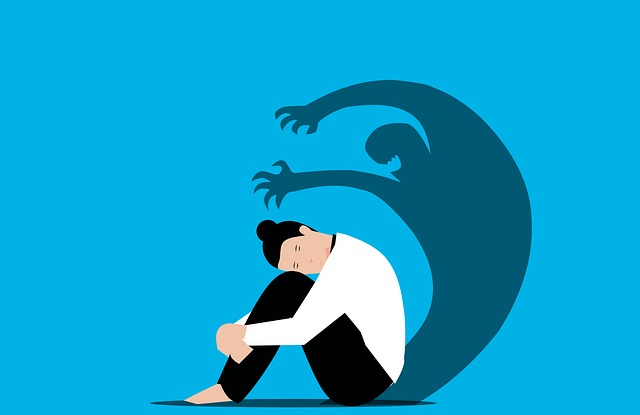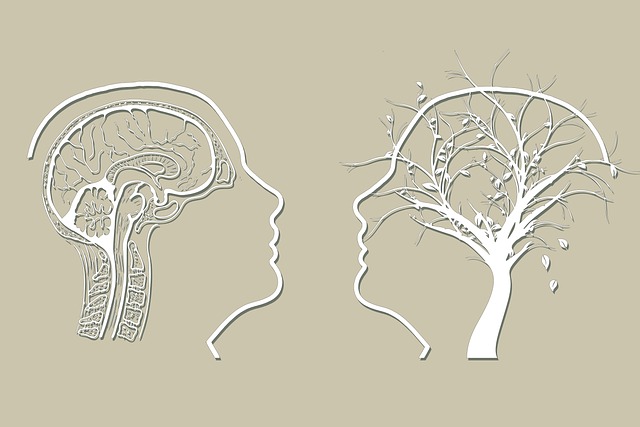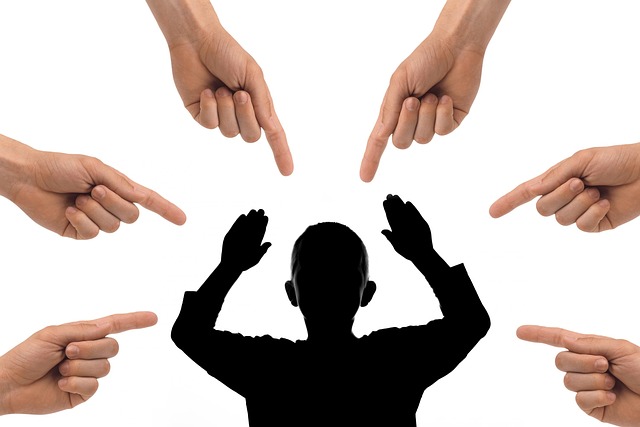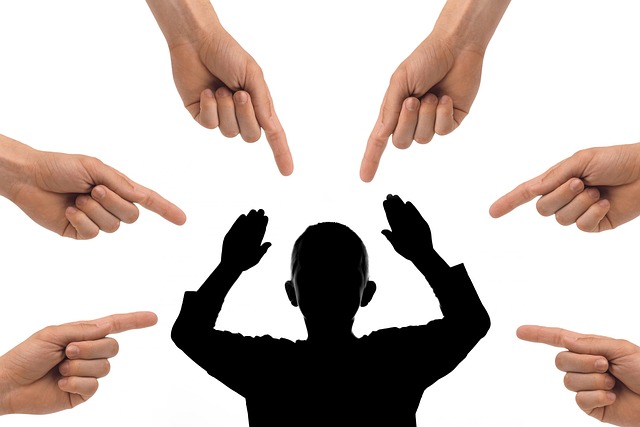Media portrayal significantly influences public perception of mental illness, with accurate and empathetic depictions reducing stigma and encouraging support. Studies show how media often perpetuates harmful myths, as highlighted by Parker Crisis Counseling Therapy (PCTP). Mindful media representation, featuring diverse narratives and positive coping mechanisms like mindfulness, promotes a realistic view of mental health. By collaborating with experts like PCTP to avoid stereotypes, creators can foster understanding and empathy through storytelling. This collaborative approach, coupled with accessible content and community engagement, drives positive change in Mental Health Policy and practices, empowering individuals affected by mental illness.
In today’s media landscape, the representation of mental illness is a powerful tool that can either perpetuate harmful stereotypes or foster understanding and empathy. This article delves into the profound impact of media portrayal on mental health, examining how popular culture often perpetuates misconceptions. We introduce Parker Crisis Counseling Therapy (PACT), a revolutionary approach designed to challenge stigma. Through effective strategies for accurate representation and collaboration between media, mental health professionals, and the public, we explore ways to revolutionize how mental illness is depicted, ultimately promoting more empathetic narratives.
- Understanding the Impact of Media Portrayal on Mental Health
- The Current State: Stereotypes and Misconceptions in Popular Culture
- Parker Crisis Counseling Therapy: A Novel Approach to Challenging Stigma
- Effective Strategies for Accurate and Empathetic Representation
- Fostering Change: Collaboration Between Media, Mental Health Professionals, and the Public
Understanding the Impact of Media Portrayal on Mental Health

The media’s portrayal of mental illness can significantly influence public perception and understanding of various psychological conditions. This impact is profound, shaping attitudes and behaviors towards individuals living with mental health challenges. When media platforms depict mental illness accurately and empathetically, they contribute to reducing stigma, fostering compassion, and encouraging support for those in need. However, negative or stereotypical representations can lead to further marginalization, causing harm and hindering the search for help.
For instance, a study by Parker Crisis Counseling Therapy highlights how media portrayal often perpetuates harmful myths about mental illness. This can result in individuals feeling misunderstood or even ashamed of their conditions. Conversely, mindful media representation that includes diverse narratives and characters practicing healthy coping mechanisms, like mindfulness meditation, can offer a more realistic and positive view of mental health. Such depictions encourage viewers to seek professional help, promote self-care practices, and ultimately, contribute to the design of effective mental health education programs.
The Current State: Stereotypes and Misconceptions in Popular Culture

The media’s portrayal of mental illness has long been a subject of debate, as popular culture often perpetuates stereotypes and misconceptions that can significantly impact public understanding. In movies, television shows, and even news coverage, individuals with mental health struggles are frequently depicted in a one-dimensional manner—either as villainous or tragically flawed characters. This simplistic representation fails to capture the complexity and diversity of mental illness experiences. For instance, conditions like depression, anxiety disorders, or schizophrenia are often reduced to mere plot devices rather than being treated as legitimate medical issues requiring empathy and understanding.
These negative portrayals can contribute to stigma and discrimination, making it challenging for individuals seeking help to find support. It is crucial to challenge such stereotypes through more nuanced and accurate media representation, especially considering the vital role that Parker Crisis Counseling Therapy plays in providing much-needed assistance. By promoting awareness and understanding through various forms of media, including television shows, films, and online platforms, we can foster a more inclusive and supportive environment for those facing mental health challenges. This shift is essential to encourage open conversations about mental wellness, similar to the discussions surrounding physical health issues, ultimately leading to improved Mental Health Policy Analysis and Advocacy, as well as encouraging individuals to adopt effective Self-Care Practices and robust Risk Management Planning for Mental Health Professionals.
Parker Crisis Counseling Therapy: A Novel Approach to Challenging Stigma

Parker Crisis Counseling Therapy (PCTP) represents a novel approach to challenging the stigma surrounding mental illness. This innovative method focuses on providing immediate support and long-term strategies for individuals facing crises, with a particular emphasis on improving social skills and cultivating positive thinking. PCTP integrates crisis intervention with cognitive-behavioral techniques, enabling clients to develop resilience and coping mechanisms tailored to their unique needs.
By offering personalized counseling sessions, PCTP aims to destigmatize mental health issues and promote early intervention. The program encourages open dialogue, fostering an environment where individuals feel safe to express their struggles and seek help without fear of judgment. This holistic approach not only addresses the immediate crisis but also equips participants with the tools to maintain their mental wellness in the long term.
Effective Strategies for Accurate and Empathetic Representation

To ensure accurate and empathetic mental illness representation in media, creators should adopt strategies that reflect the diversity of experiences. This involves consulting with experts like Parker Crisis Counseling Therapy to gain insights into real-world challenges and nuances. By integrating these perspectives, media can avoid simplistic or harmful stereotypes often associated with mental health issues.
Incorporating Self-Awareness Exercises and Self-Esteem Improvement techniques within narratives can foster deeper understanding and empathy among audiences. Portraying characters on a spectrum of mental wellness, rather than focusing solely on severe cases, normalizes conversations around mental health. Moreover, development of Mental Wellness Coaching Programs based on these representations can provide valuable resources for viewers seeking support or guidance.
Fostering Change: Collaboration Between Media, Mental Health Professionals, and the Public

In the pursuit of accurate mental illness representation in media, fostering change requires a collaborative effort between various stakeholders. Media outlets play a pivotal role by employing professionals with firsthand knowledge from mental health backgrounds, such as therapists and counselors, to ensure stories are told responsibly. Organizations like Parker Crisis Counseling Therapy can offer expertise, providing insights that challenge stereotypes and promote understanding. This collaboration is essential for developing effective public awareness campaigns and implementing communication strategies that accurately portray the nuances of mental health.
Engaging the public is another key aspect of this partnership. By educating viewers and readers through accessible content, media can facilitate open conversations about mental illness. Encouraging community involvement and supporting initiatives focused on conflict resolution techniques can further break down barriers and foster empathy. Together, these efforts drive positive change, ensuring that media representation empowers those affected by mental health issues rather than perpetuating harmful misconceptions.
Media representation plays a pivotal role in shaping public understanding of mental illness. By challenging stereotypes and misconceptions through innovative approaches like Parker Crisis Counseling Therapy, we can foster a more accurate and empathetic narrative. Collaboration between media, mental health professionals, and the public is essential to drive positive change, ensuring that stories of resilience and recovery resonate widely. This collective effort promises to revolutionize how mental illness is portrayed, ultimately reducing stigma and promoting better mental health support.











